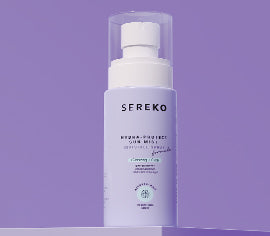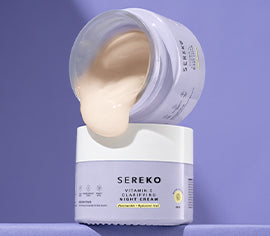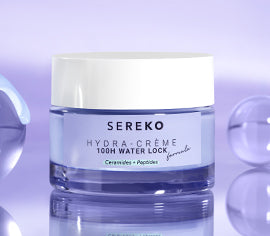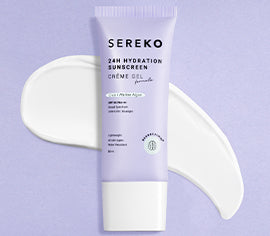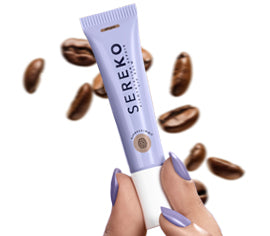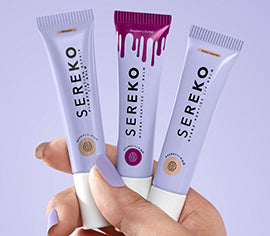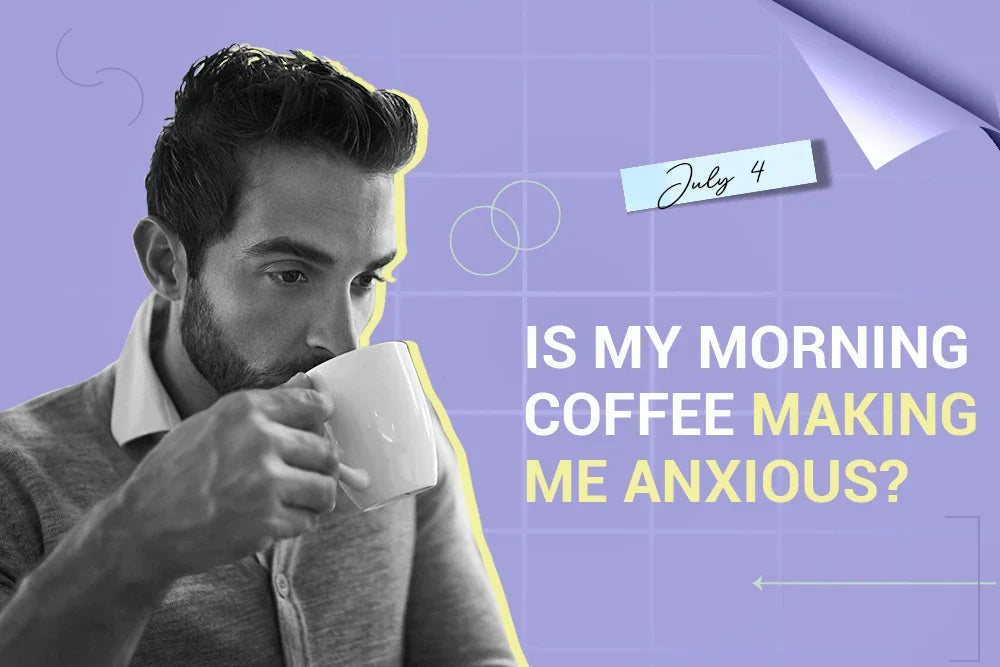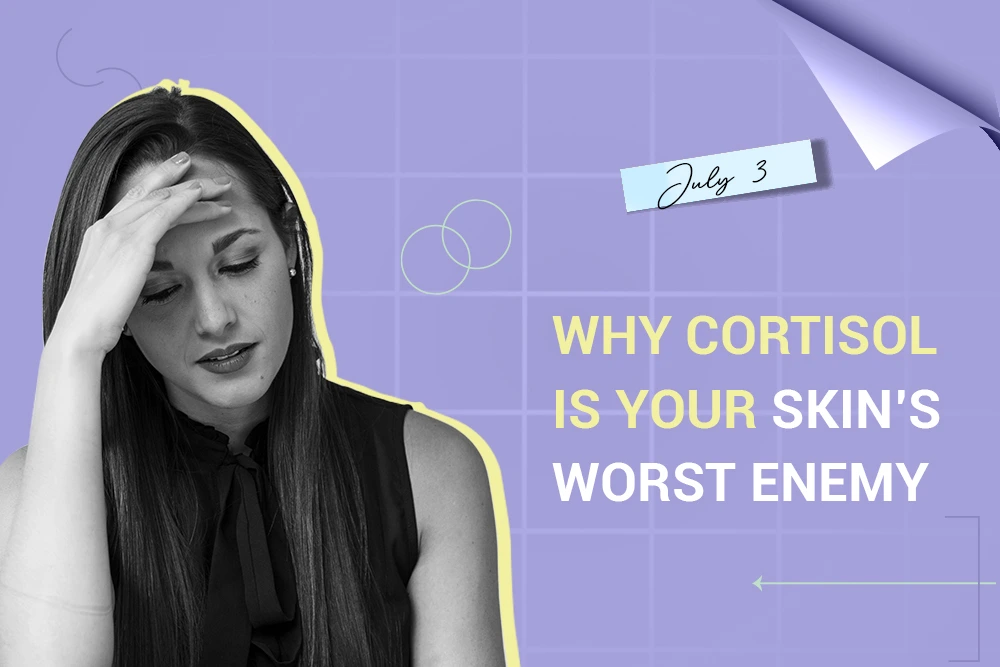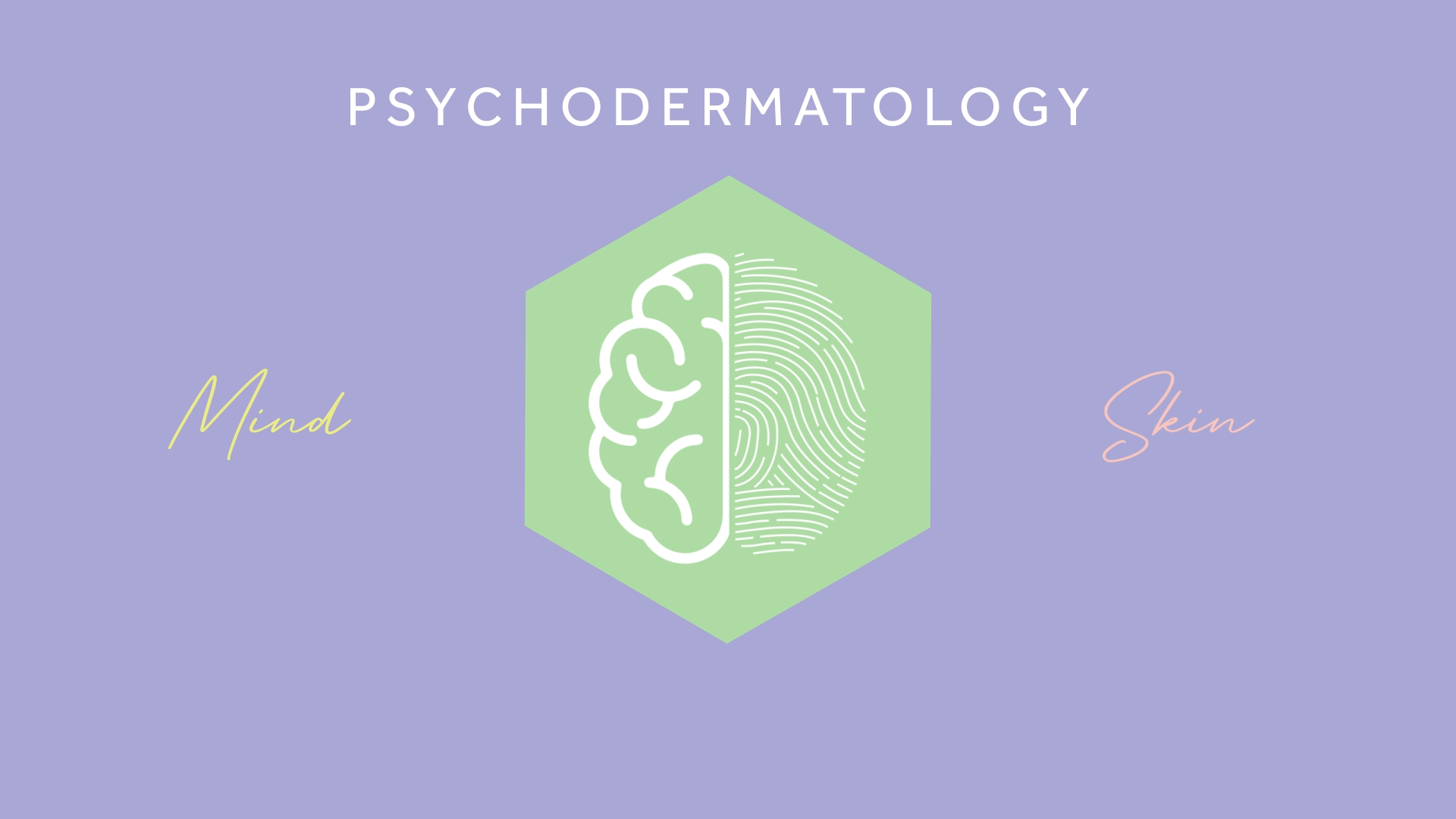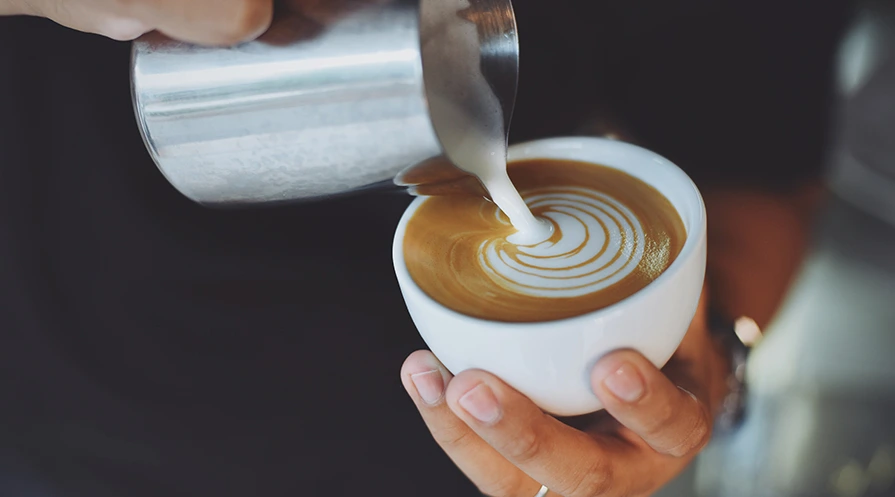 Is My Morning Coffee Making Me Anxious?
Is My Morning Coffee Making Me Anxious?
For many of us, mornings don’t begin until we’ve had that first cup of coffee. It’s comforting, energizing, and almost ritualistic. But if you’ve ever found yourself feeling restless, jittery, or unusually anxious shortly after your caffeine fix, it’s worth asking the question: Is my morning coffee making me anxious?
The relationship between coffee and anxiety is more than anecdotal. As comforting as caffeine may feel at first sip, it has real, measurable effects on your nervous system, and for some, those effects can tip from energizing to overwhelming.
This blog explores how caffeine interacts with your body and mind, who’s most at risk of anxiety from coffee, and what you can do to enjoy your brew without the burnout.
Understanding How Caffeine Works
Caffeine is the world’s most widely consumed psychoactive substance. Found naturally in coffee beans, tea leaves, cacao, and more, it acts as a stimulant to your central nervous system.
When you drink coffee, caffeine blocks the neurotransmitter adenosine, which is responsible for making you feel sleepy. This blocking action results in increased levels of other neurotransmitters like dopamine and norepinephrine, the very same brain chemicals involved in mood, focus, and the "fight-or-flight" stress response.
That’s why caffeine can make you feel more alert and focused. But this same mechanism also explains why it can cause side effects like:
-
Increased heart rate
-
Elevated blood pressure
-
Restlessness or jitteriness
-
Trouble sleeping
-
Anxiety or panic attacks
In other words, your beloved cup of coffee is essentially triggering a mini stress response, which isn’t always a bad thing, but in excess, it can be.
Why Coffee Triggers Anxiety for Some People
Not everyone reacts to caffeine in the same way. If you find yourself feeling anxious after your coffee while your co-worker is on their third espresso with no issues, here’s why that might be:
1. Your Genetics
Your ability to metabolize caffeine is largely determined by a gene called CYP1A2. People with a slow variant of this gene break down caffeine more slowly, meaning it stays in their system longer and can cause more intense effects, including anxiety, jitteriness, and insomnia.
2. Underlying Anxiety Disorders
If you already experience anxiety or panic attacks, caffeine can intensify your symptoms. Because caffeine mimics symptoms of anxiety (like a racing heart, sweaty palms, and restlessness), it can make you feel worse or trigger a full-blown episode.
3. Lack of Sleep
Caffeine and sleep are closely linked. If you’re not sleeping well, you’re more likely to lean on coffee to function, but this can quickly become a vicious cycle. Poor sleep increases anxiety. Caffeine further disrupts sleep. And the loop continues.
4. Drinking Coffee on an Empty Stomach
Drinking coffee first thing in the morning, especially before breakfast, can lead to a cortisol spike, acidity, and a stronger caffeine hit than your body can handle. This can increase the chances of you feeling anxious or wired too early in the day.
Common Signs Coffee Might Be Increasing Your Anxiety
Here are some clues that your daily cup might be doing more harm than good:
-
You feel jittery or shaky after drinking coffee
-
You experience a spike in anxiety or restlessness within an hour of drinking it
-
You get a mid-morning crash or irritability
-
Your sleep is frequently disrupted, even if you drink coffee early in the day
-
You feel more calm and emotionally balanced when you skip your usual coffee
If you’re nodding along, your coffee might be the culprit or at least a contributor.
How Much Caffeine Is Too Much?
According to the FDA, up to 400 milligrams of caffeine per day (roughly 4-5 cups of coffee) is considered safe for most healthy adults. However, if you’re sensitive to caffeine or already dealing with anxiety, even 100–200 mg (one to two cups) may feel like too much.
Keep in mind:
-
A standard 8-oz cup of coffee has about 95 mg of caffeine
-
Espresso shots contain around 63 mg per 1 oz
-
Cold brews can have significantly more caffeine than hot brews
Tracking your caffeine intake and your symptoms can help you find your sweet spot.
Tips to Reduce Coffee-Related Anxiety
The good news? You don’t have to completely cut coffee from your life to feel better. A few simple adjustments can make a big difference.
-
Eat Before You Drink
Having food in your stomach can slow the absorption of caffeine and reduce its impact on your nervous system. Try to have your coffee after breakfast, not before.
-
Downsize Your Cup
Switch from a large mug to a smaller serving, or try half-caff (a blend of regular and decaf). This can help reduce your total caffeine load without sacrificing the ritual.
-
Try Alternatives
Matcha, green tea, or mushroom coffee provide a gentler caffeine release and often come with calming compounds like L-theanine, which can help counteract anxiety.
-
Cut Off Caffeine by Early Afternoon
Caffeine has a half-life of about 5–6 hours. That means if you have a cup at 4 PM, you may still have half the caffeine in your system by 10 PM. Try to stop drinking coffee by 2 PM to protect your sleep.
-
Stay Hydrated
Caffeine is a diuretic and can dehydrate you, which may worsen feelings of fatigue and anxiety. For every cup of coffee, aim to drink at least one glass of water.
Coffee Alternatives That Energize Without the Anxiety
If you're not ready to break up with your morning ritual but want to avoid the anxiety spikes, the good news is there are plenty of energizing alternatives to coffee, many of which offer added benefits without the crash or the cortisol surge.
Here are some mood-friendly options worth exploring:
-
Matcha
Matcha is a powdered green tea that contains caffeine, but in a gentler dose than coffee. What makes matcha special is L-theanine, an amino acid that promotes relaxation and helps buffer caffeine’s stimulating effects. The result? A calm, focused energy without the jitters.
Why it works:
-
25–35 mg of caffeine per serving
-
Boosts alertness while supporting mental clarity
-
Rich in antioxidants and anti-inflammatory compounds
-
Green Tea
Another gentle option, green tea contains roughly 30–50 mg of caffeine per cup, less than half of what’s in coffee. It also contains L-theanine, making it a great choice for people looking for a balanced lift in energy and mood.
Bonus: It’s hydrating and packed with skin-supportive antioxidants.
-
Mushroom Coffee
Don’t let the name throw you off. Mushroom coffee blends medicinal mushrooms like Reishi, Lion’s Mane, or Chaga with small amounts of coffee or other herbs. These adaptogens help your body better cope with stress and support mental clarity.
Why it’s worth trying:
-
Contains less caffeine than traditional coffee
-
Supports brain function and immune health
-
It may help regulate cortisol and reduce inflammation
-
Chicory Root Coffee
Naturally caffeine-free, chicory root has a rich, roasted flavor that closely resembles coffee, without the stimulant effects. It’s also a great source of inulin, a prebiotic fiber that supports gut health (which is closely linked to mood and skin health).
Perfect for: Those looking to go fully caffeine-free without giving up the ritual of a warm, grounding morning drink.
-
Golden Milk (Turmeric Latte)
A blend of turmeric, ginger, cinnamon, and plant-based milk, golden milk is caffeine-free and loaded with anti-inflammatory properties. While it won’t give you a caffeine buzz, it supports mental calm, digestion, and overall wellness, a great choice for slow mornings or bedtime wind-downs.
When It’s Time to Talk to a Professional
If your anxiety feels unmanageable or is affecting your work, relationships, or sleep, consider consulting a healthcare provider. They can help determine whether caffeine or something else may be triggering your symptoms.
In some cases, completely eliminating caffeine for a few weeks can be a helpful diagnostic tool to see how it affects your mood and energy. If you feel significantly better without it, you have your answer.
Final Thoughts: Sip Consciously
Coffee isn’t the enemy, but yes, it isn’t harmless either. It’s a powerful stimulant that affects your mood, energy, and stress response. For many, it’s a helpful ally. But for others, especially those with sensitive nervous systems or existing anxiety, it can become a hidden trigger.
If you suspect your morning cup is making you anxious, try experimenting with the amount, timing, and type of coffee you drink. Listen to your body, and permit yourself to step away from caffeine if it’s not serving you.
Because ultimately, the goal isn’t just to wake up, it’s to feel well while you do.
Also, while you are at it, we have a collection of calming products that might spark your interest. Here, check them out: Calming Range. Let us know what you think!


